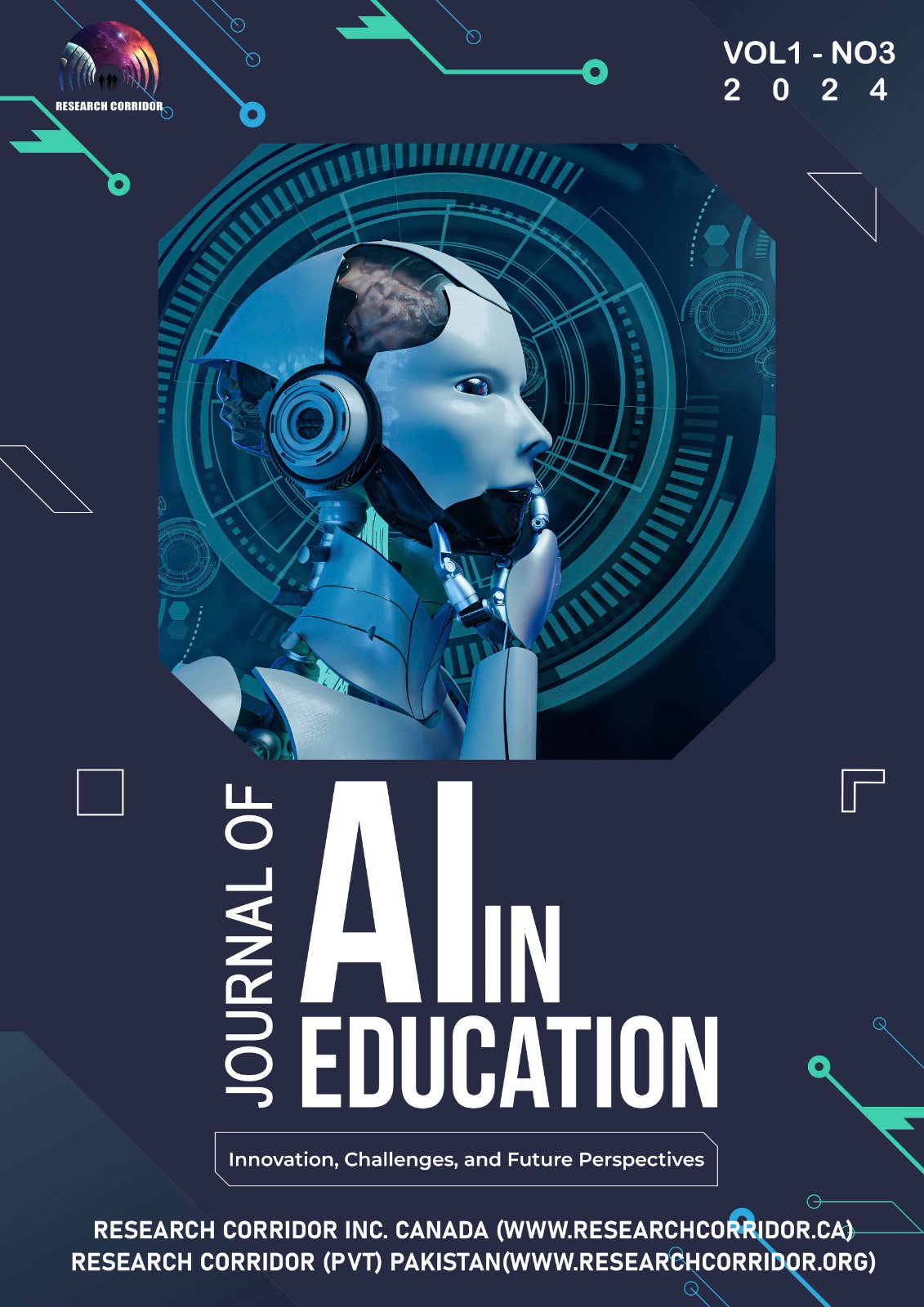From Traditional Classrooms to AI-Integrated Learning Spaces: A Future Perspective
Keywords:
AI-integrated learning, traditional classrooms, personalized learning, adaptive assessments, intelligent tutoring, digital literacy, education technology, virtual reality, augmented reality, ethical considerations, student engagementAbstract
Education has evolved significantly over the past few decades, transitioning from traditional classrooms to AI-integrated learning spaces. The incorporation of artificial intelligence (AI) in education has revolutionized pedagogical methods, offering personalized learning experiences, real-time feedback, and enhanced engagement. Traditional classrooms relied heavily on teacher-centered approaches, but AI-driven systems facilitate student-centered learning, adaptive assessments, and intelligent tutoring systems. The integration of AI has also improved accessibility, enabling students with disabilities to learn more effectively. However, this shift presents challenges such as data privacy concerns, digital literacy gaps, and the potential loss of human interaction in education. This paper explores the transformation from conventional educational settings to AI-enhanced environments, discussing key advantages, limitations, and future prospects. By analyzing recent research, it highlights how AI can complement traditional teaching methods rather than replace them, ensuring an optimal balance between technology and human intervention. The study also examines ethical considerations and the need for policies to regulate AI implementation in education. Future AI-integrated learning spaces will likely be characterized by immersive technologies, such as virtual reality (VR) and augmented reality (AR), fostering deeper understanding and interactive learning. In conclusion, AI has immense potential to reshape education by offering scalable and efficient learning solutions, but its success depends on responsible integration, continuous teacher training, and addressing ethical implications.





